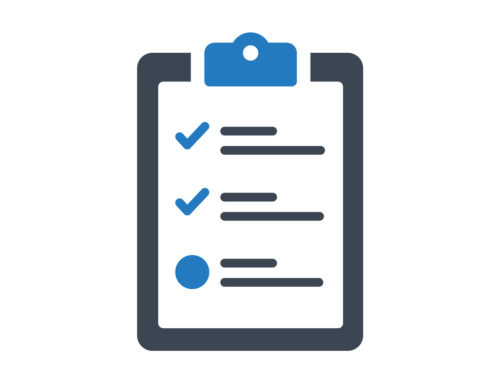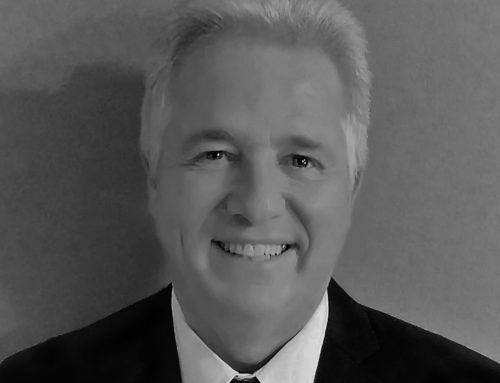“All of life is peaks and valleys. Don’t let the peaks get too high and the valleys too low.” -John Wooden
Some people take their work too seriously and talk about the most boring things. You know the type. They go on and on about things that seem insignificant in the big scheme of things. While meaningful to them, it is difficult to see how it is meaningful in life. Your work, in part, does not fall into this category. Your work can absolutely save lives of patients and clients, but it can perhaps save the life of a learner.
Lawyers and doctors are not always whistling while they work. In fact, data supports that law and medicine may be two of the unhappiest professions. Suicide rates for physicians and lawyers are in the top five of all professions. Attorneys are 3.6x more likely to suffer from depression than non-lawyers.
Doctors and lawyers experience a lot of stress. It is the nature of the profession. Doctors perform surgery that could save (or not) a life. Primary care doctors have been said to feel like the “janitors” of the medical profession. Recent medical school graduates go into high-paying jobs only to pay off loans and quit the profession. In today’s world the stress of the business of being a healthcare provider is significant and uncertain.
Attorneys also try to “save” their clients, but their work is different than the team approach in a surgery. For an attorney, they face an opposing advocate, so dealing with adversity is another layer of an attorney’s stress. The law firm model and the competition has changed drastically for attorneys, and it is more difficult to make a living. Additionally, the personalities that make a person want to be an attorney or doctor are personalities susceptible to the stress of practice: workaholic, perfectionist, and high achiever.
In response to concern about lawyer suicides, mental health continuing legal education is now required in eight states. Many bar associations have created opportunities for their members to secure, without charge, mental health services. Continuing medical education will often touch upon the mental health issues of physicians. Likewise, medical associations provide financial assistance for physicians needing mental health care.
Even if there is no rule that dictates that you provide mental health curriculum, provide it anyway. Provide education on the practice issues that contribute to the stress of a lawyer or doctor. Delivering education online for these types of topics is especially critical in that it provides a sense of confidentiality that most doctors and lawyers would want if seeking this type of health. Few professionals are willing to walk into a room to participate in a seminar about dealing with a mental health issue, so give your learner the privacy of an online educational option. Don’t forget providing education for peers to enable them to recognize a problem earlier and know what to do for one of their colleagues.
Here are some topics to consider providing:
- Lack of family time
- Burnout/exhaustion
- Lack of time to spend with patients/clients
- Dealing with complex payment and insurance rules and regulations
- Dealing with extremes of human emotion.
- Dealing with high levels of student debt
- Job security
- Co-workers are competitors
- Dealing with billing requirements
You may never know if your programming saves a life, but you can take satisfaction that you’ve done some things to contribute to your learner’s ability to cope, grow, and maybe even be happy.
Donita Bourns Douglas, Executive Vice President of Client Success
Resources:
https://www.thedailybeast.com/how-being-a-doctor-became-the-most-miserable-profession
https://www.cnn.com/2014/01/19/us/lawyer-suicides/






